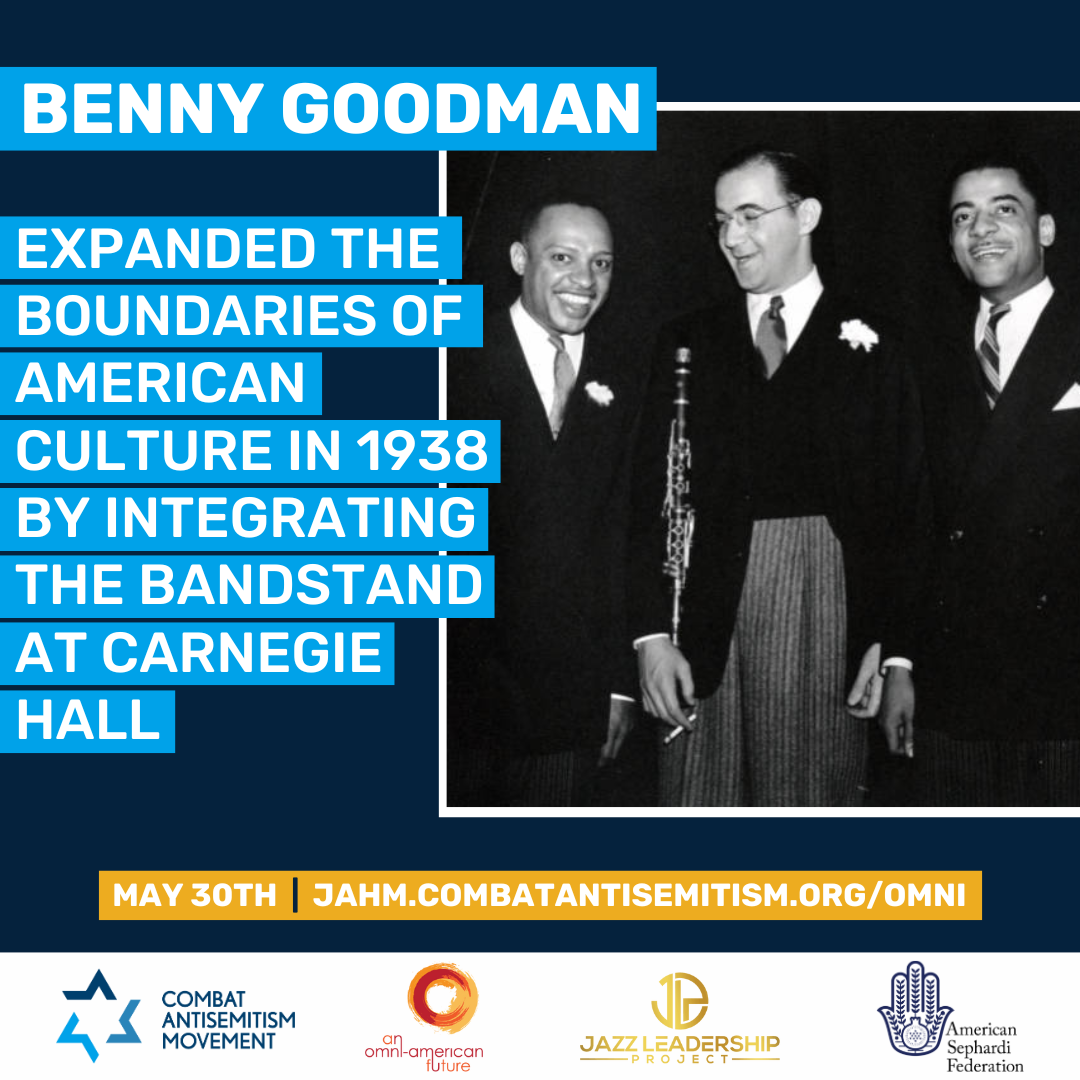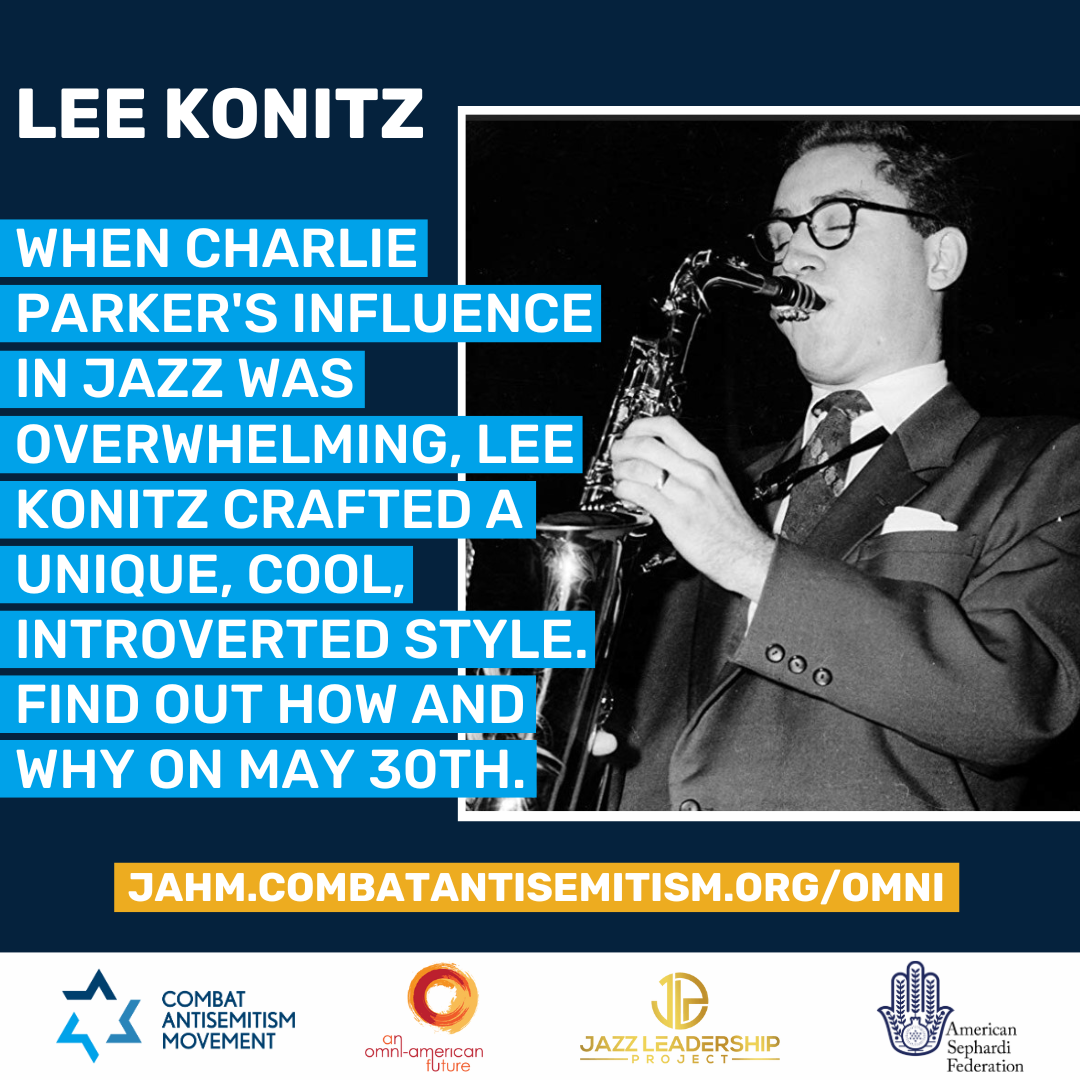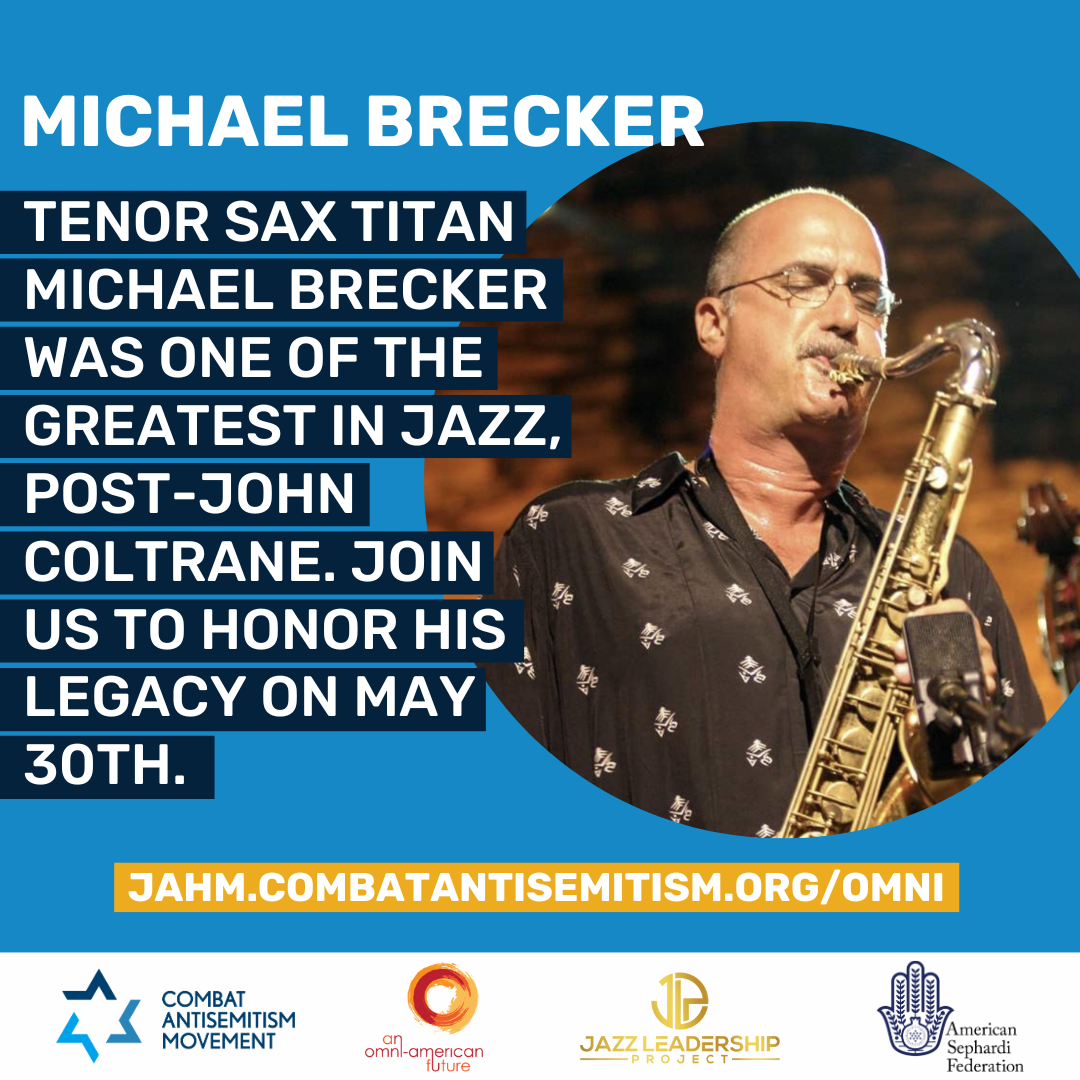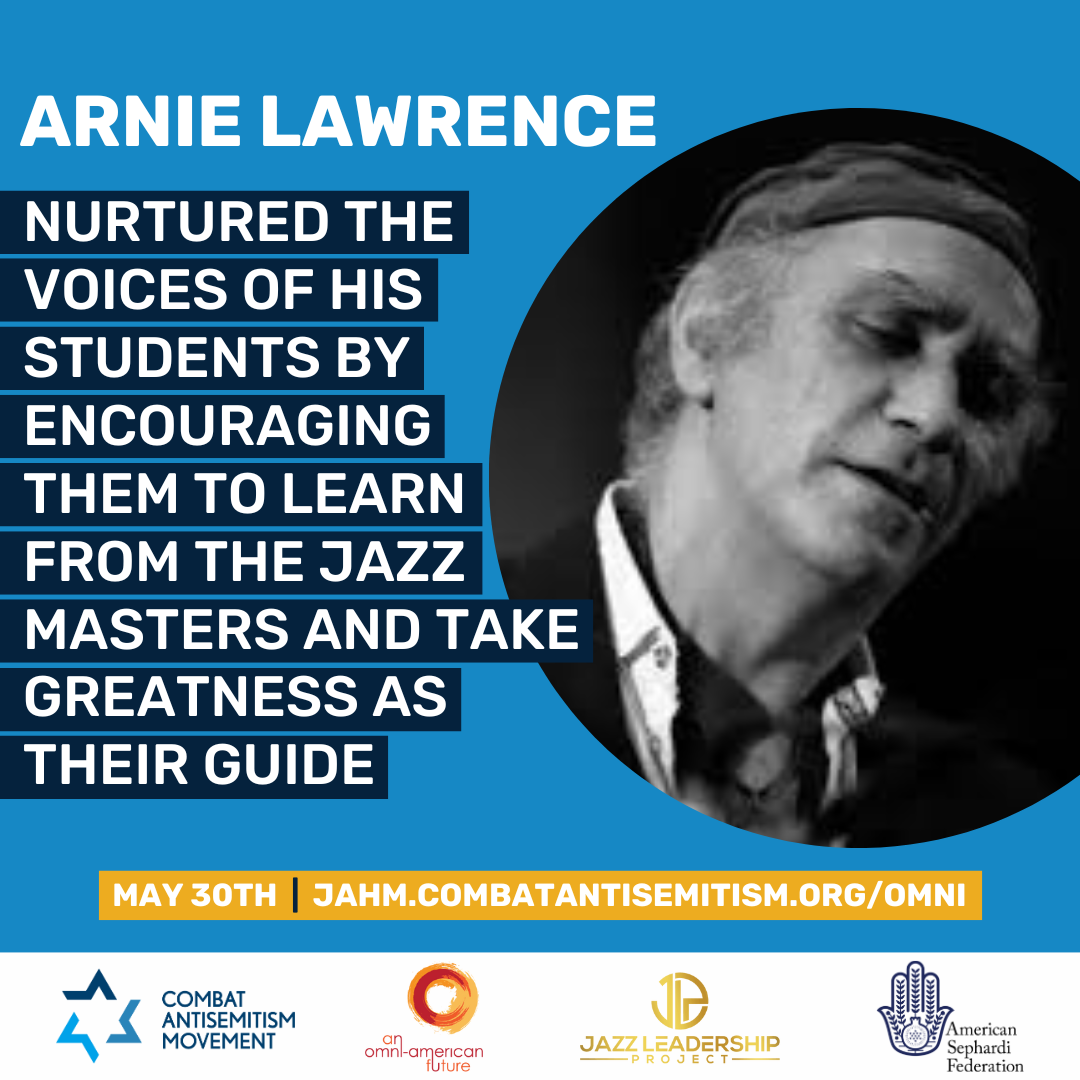The Jazz Tradition: Jewish American Contributions?
Today the vernacular artist knows his value, and thanks to our increased knowledge of our cultural pluralism, such artists are identified less by their race or social status than by the excellence of their art.
—Ralph Ellison
As we close out May, a month replete with graduations, I propose that citizens of our nation graduate from an obsession with an intentionally divisive and fictitious idea such as race, and rather focus on the interplay of culture and excellence as found in jazz. The quote above by Ellison serves as an epigraph to our short post today, Memorial Day, where along with honoring the men and women who have sacrificed their lives in battle, we choose to honor Jewish Americans who have contributed to the jazz tradition. As quiet as it’s been kept, May, since 2006, has been Jewish American Heritage Month (JAHM).
For sure, Afro-American musicians innovated the blues and jazz idioms near the turn of the 20th century. But in a pluralistic and polyglot country such as the United States, the peoples who influence the development of an art form will be various. That’s why my colleagues and I at the Omni-American Future Project decided to create a webinar detailing five intersecting stories of Jewish American influence on jazz:
1. The Jewish family who supported and inspired Louis Armstrong as a child, laying a foundation for his eventual transformation of American music
2. Benny Goodman’s allegiance to musical excellence overcoming racism by desegregating Carnegie Hall
3. The unique style and sound of Lee Konitz as a “pure improviser”
4. Tenor sax titan Michael Brecker and his post-Coltrane influence
5. Arnie Lawrence and his dedication to jazz education in the United States and Israel, and the indelible mark it has made
We labored on this video project for many months, and are quite proud of the production. We invite you to watch it tomorrow, May 30, 2023 at 11 am. Register here to watch it live or to view it subsequently.
My fellow co-director of the Omni-American Future Project, Aryeh Tepper, and I narrate the 50-minute webinar. In addition to the five stories we tell, with audio and video musical examples, personal connections, and critical analysis, other important contributors mentioned along the way include Artie Shaw, George Wein, Gary Giddins, Stan Getz, Bret Primack, Anat Cohen, Norman Granz, Itamar Borochov, Phil Schaap, and others. Also expect some musical surprises!






